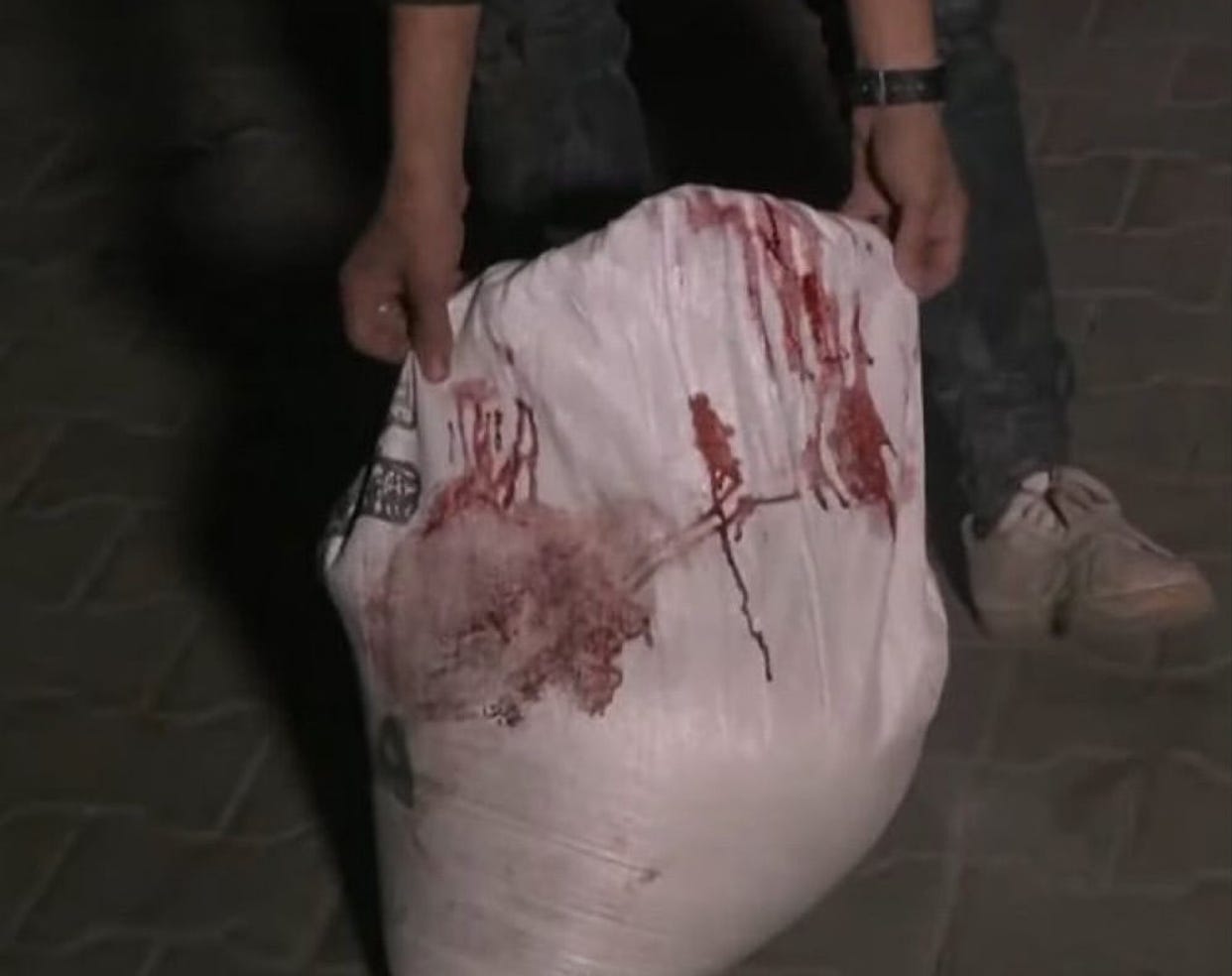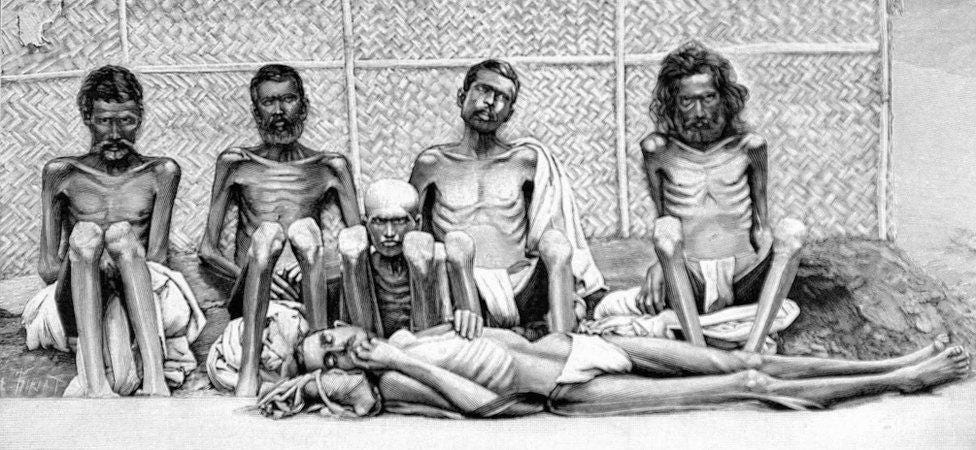bread should not be more expensive than bullets
price of flour in north Gaza: $40/Kilo price of an Israeli bullet: $0.37 per round
I never understood my mother's obsession with one age-old question that encapsulates her care and concern: "Have you eaten?" Regardless of the time, day or night, she always greets me with this inquiry, followed by family gossip I pretend to despise but secretly relish. I often wonder, where does this question originate?
For many of us, it's a cultural maternal marker, especially if you come from traditions where sharing a meal together was the day's highlight. After arguments, disagreements, and bouts of passive-aggressive silence, the first olive branch extended in my home was the question: "What would you like to eat?"
I grew up understanding love through food. So, when I witness my Palestinian comrades' bread being stolen, withheld to enforce genocidal starvation, my heart shatters. When I hear that a loaf of bread in occupied Gaza is more expensive than a 9mm bullet, I am consumed with grief. Palestinian culture mirrors my own; it's rooted in family and sharing. I see this when I visit my Palestinian friends' homes, and the first question their mothers ask is: "Have you eaten?"
I cannot fathom my mother ever being in a situation where she would be forced to send me to bed hungry. She would rather end her life than let that happen. I weep for the mothers in occupied Palestine and Gaza, where bread costs more than cheap souls sold for political gain. In our sick and twisted world, bread is more expensive than the blood of children. Bread is more expensive than life itself.

The genocide has reached a point where all life is at risk, not just from Israeli bombs and missiles, but from starvation tactics employed by their politicians and deranged protestors who block the passage of any aid across borders. Every aspect of life is under threat. Yet, I cannot bring myself to call this a famine. It is not a famine; it is an immoral, forced starvation. Much like the British-imposed starvation across India, or the one in Ireland. Do you see a pattern? I do: a pattern of colonial violence and dehumanization through control of nutrition, movement, and life itself. The repercussions of which are still evident in the so-called post-colonial remnants of our existence.
These starvations have altered the genealogy of South Asian bodies, leading to increased abdominal fat storage and heightened susceptibility to diabetes and cardiovascular complications for future generations including myself. So when well meaning white folks utter the phrase “but it was in the past, what have I done?” I have every right to side-eye them at the very least. Colonization's impact is not just present; it is continuous, tainting generations to come.
I deeply empathize with the Palestinians and their struggle to liberate themselves from this social domination. I long for them to enjoy bread again, accompanied by the foraged herbs their ancestors once picked on their lands. I yearn for them to share bread with cousins in exile who will one day return. I hope for them to enjoy bread without fear.


